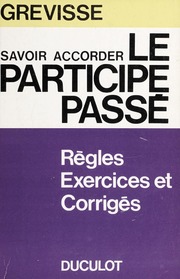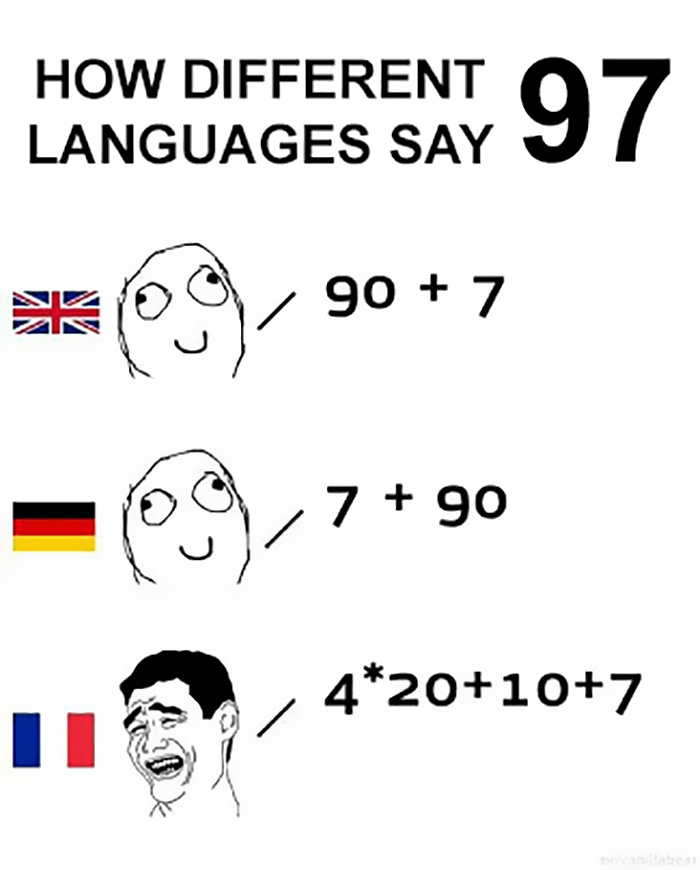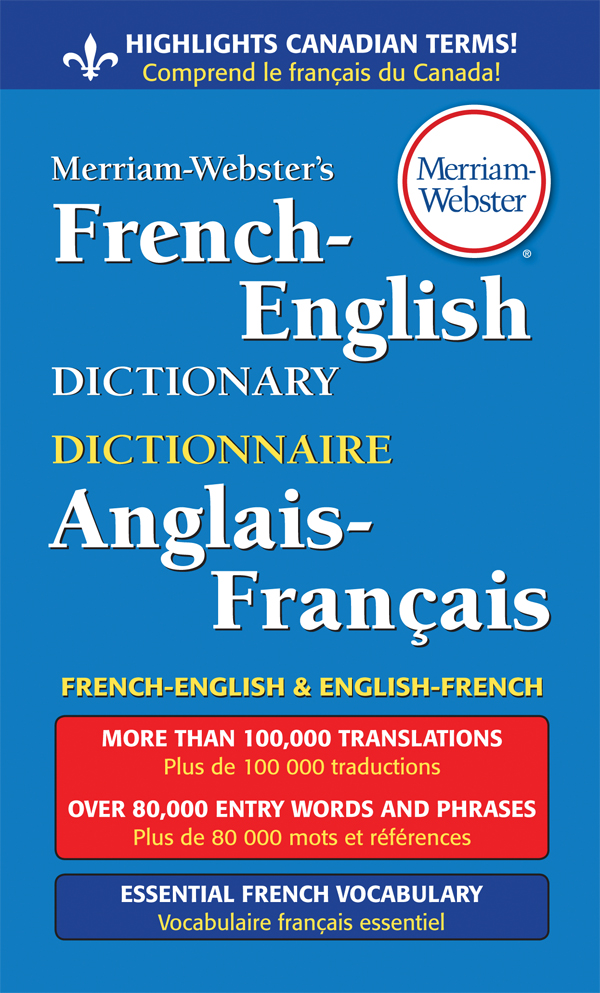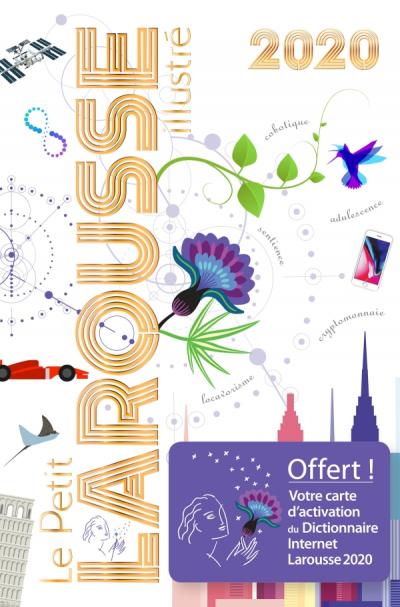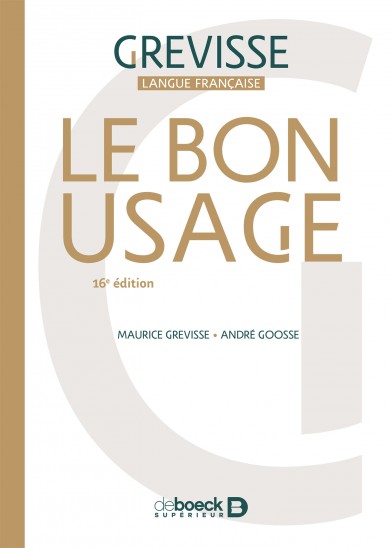Merriam-Webster’s French-English/English-French Dictionary has pronunciation in IPA (invaluable for a beginner!), short grammar section, verb conjugations, short concise definitions. Includes both international and Canadian usages. Hardcover but the medium format is small enough to take anywhere.
French Grammar in Context by Jubb and Rouxeville: I love this book. One chapter on each grammar topic, each with a short text. Not too long, softcover, decent explanations, exercises with an answer key. Older, used editions are just as good and cheaper.
Les verbes et leurs prépositions: The 1800 most common verbs, presented alphabetically, with the prepositions and conjunctions they take, plus examples. Learning which verbs take which prepositions was hard for me but here it is, all in one book! I was so happy to find this.
Bescherelle’s La Conjugaison (pour tous): Used to be called L’Art de conjuguer and had a green cover (newer ones are red). You’ll need a conjugation reference. 12,000 verbs. Other editions have had ‘only’ 8,000 verbs, but for a learner this isn’t important. Mine has a 78 page section on verb grammar which is rather advanced. But you still need a book like this. Nice small format, hardcover.
Bescherelle’s Le vocabulaire (pour tous): Word geek? Then you will like this. Word histories, etymologies, borrowings, prefixes, suffixes, figurative vs literal usages, difficulties and traps etc. Intermediate level and above.
Le petit Larousse illustré: For when Merriam-Webster isn’t enough. French only. Divided into two parts: an exhaustive dictionary and an encyclopedia of proper names, plus conjugations. Big and heavy, small print. Published annually since 1905, so an older version is a better bargain. Did you know ‘passer’ has 21 meanings? You do now, thanks to this book.
Advanced French Grammar by L’Huillier: Supposed to be the authority in English on French grammar. Grammar people, this is what you want. Comprehensive, softcover. Note: for beginners this is just too much information.
Le Bon usage by Grevisse and Goosse: The late M. Grevisse was/is the authority on French grammar in the French language. For the brave. Large and expensive. If you’re kind of obsessed with the language, find someone who owns this and become their best friend. Otherwise, it’s too much information.






